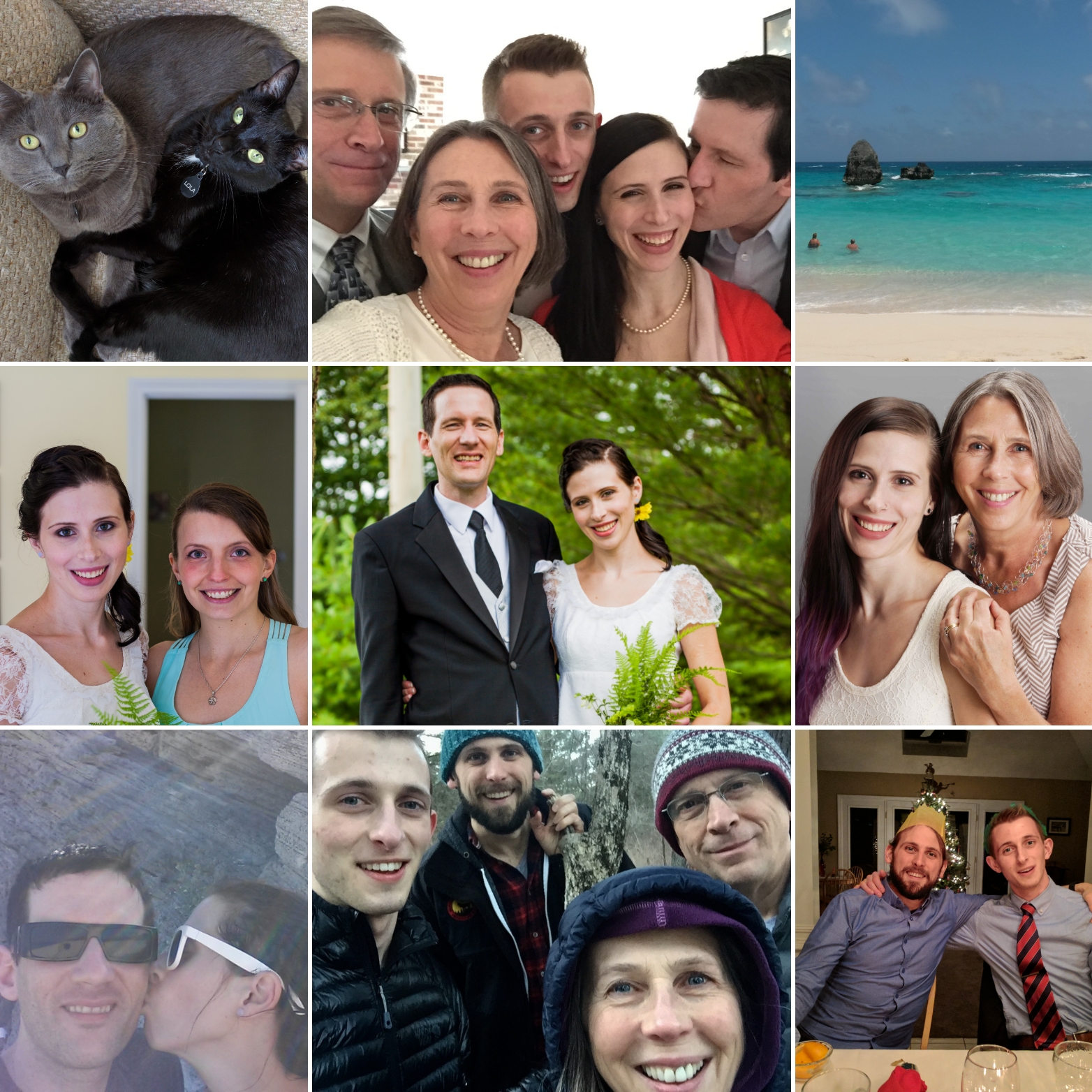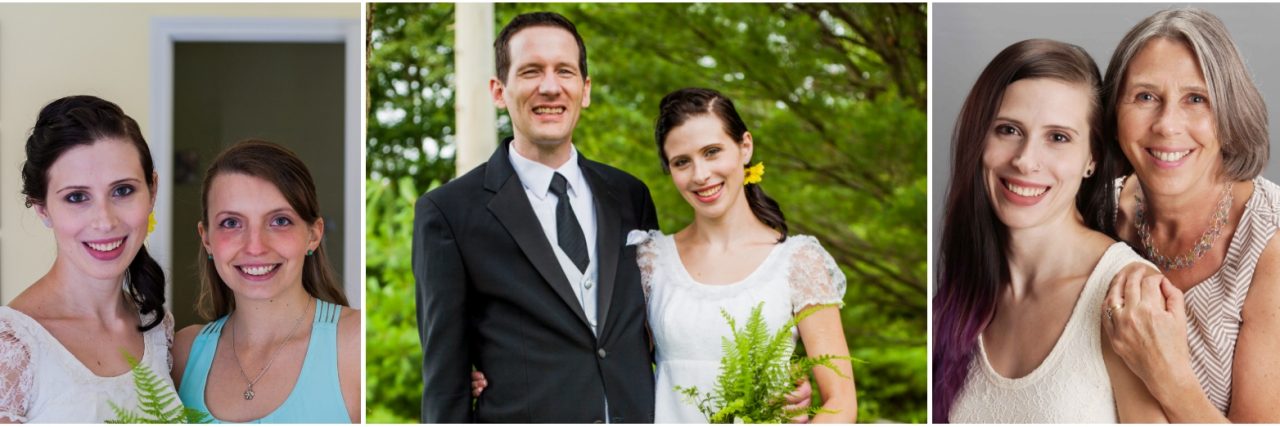I had to see a neurosurgeon recently to discuss the results of an MRI. I received the doctor’s report a couple of weeks later. It’s always strange to read a report detailing all my various ailments, but this one felt even stranger, especially one phrase in particular:
• What is Ehlers-Danlos Syndrome?
• What Are Common Ehlers-Danlos Syndrome Symptoms?
“Impression — This unfortunate young woman suffers from several quite unpleasant congenital disorders including Ehlers-Danlos syndrome and a diffuse dysautonomia.”
Eep. Is that me he’s talking about? My first reaction, after a minute of feeling slightly taken aback, was, “Wait a minute, I’m not unfortunate!”
I know what he meant. Genetically, physically, in many ways I drew the short straw (although I do think I got lucky in some ways as well). Every day I have chronic pain, fatigue, and dysfunction of various organ systems. I haven’t eaten a meal in years and get all my nutrition through a tube implanted in my small intestine. However, I would not call myself “unfortunate,” and I’ll tell you why.
First, my husband and my family. For many people with chronic illnesses, it’s very difficult to have a relationship, and I’ve heard stories of relationships falling apart when one person becomes seriously ill. I’m unbelievably blessed with a husband who decided he wanted to marry me even though we would not be able to have what you might call a “normal” life. He knows the day will probably come when I’ll need a lot of care. He had the chance to turn away but stuck with me and never complains about all my illness has taken from us. He’s been with me through all the hospitalizations, surgeries, tears, and frustrations. He supports me, listens to me, loves me, and pushes my wheelchair.
I’m very close with my parents and two brothers. I spend a lot of time with my parents, who live an hour away, and see my youngest brother frequently (my other brother lives in Colorado). I’ve gone through some incredibly challenging times in my life that were also very difficult for my parents, but they never gave up on me. They’ve helped me through my illness, taking on doctor’s appointments, hospitalizations, surgeries and research. They support me physically and emotionally and are always in my corner. They also raised me in a way that taught me how to persevere in the face of adversity and how to trust in God in my darkest hour, lessons I draw on every day.
Before I got sick, I had many acquaintances but few close friends. Now I have very few acquaintances but a handful of good friends whom I really value. I have a close friend (we’ve known each other since we were in middle school and were in each other’s weddings) who is also chronically ill, and we’ve become even closer because we’re going through similar struggles. I also have a great church family. My dad teaches a Bible study class with a group of people who’ve been together for years. I join the group over the phone when I can’t be there in person.
I have battled with depression and other mental health issues since I was a teenager, but for the past few years I’ve been doing the best I can remember in that area. I don’t know what I would have done if my mental health was still so tenuous while I was going through all this. One of my biggest blessings is my cheerful spirit. I believe my ability to be optimistic, to have a sense of humor, and to be able to find joy in the little things is a gift from God. Another gift is my faith — I feel so fortunate that my faith has not been rocked by my physical problems.
Here are some other ways I’m fortunate: I have a nice apartment in a good neighborhood, close to several of the best hospitals in the country. I have two cats that lift my spirits and keep me company (they make me so happy, I never would have known a pet could make such a difference). I have some well-renowned, caring doctors and good health insurance. I have AGMD and other support organizations, and I’ve met some great friends online through chronic illness communities.
There are some other ways I’m fortunate that may seem obvious, but I don’t take any of them for granted. I’m able to take care of myself and do almost all tasks independently, and can walk unaided most of the time. I can drive if I feel up to it, and I have a car. I have my vision and hearing. Before I became very sick, I was able to travel, play sports, hike, go to music festivals, and just generally live to the fullest. I got married in 2015 and was able to go on my honeymoon, which were the best 10 days of my life.
On my dark days, I try to think of these things. I pull out my scrapbook and smile at all my happy memories. And I do have dark days, I don’t want to give the impression that I’m fine with all this. I’m in pain and sick all the time, and too fatigued to do much. I have doctor’s appointments that frustrate me to the point of tears. I have weeks where my symptoms flare to the point where all I can do is lie on the couch watching TV. I keep having to give up things I love as my body betrays me. I have days when everything seems to weigh on me, when it seems like I can’t push on. But then I wake up the next morning and keep going, and that ability to persevere in itself is a gift I’ve been given.

After I finished reading the neurosurgeon’s report, I gave it to my husband to read. I found it on the counter later with a note appended to the bottom:
“Husband’s Note: This unfortunate young woman makes my life so much more fortunate each and every day. I would not change a single thing about her.”
So, I’m not unfortunate. I’m blessed.
Follow this journey on Digesting the Facts and on Instagram @DigestingTheFacts.

